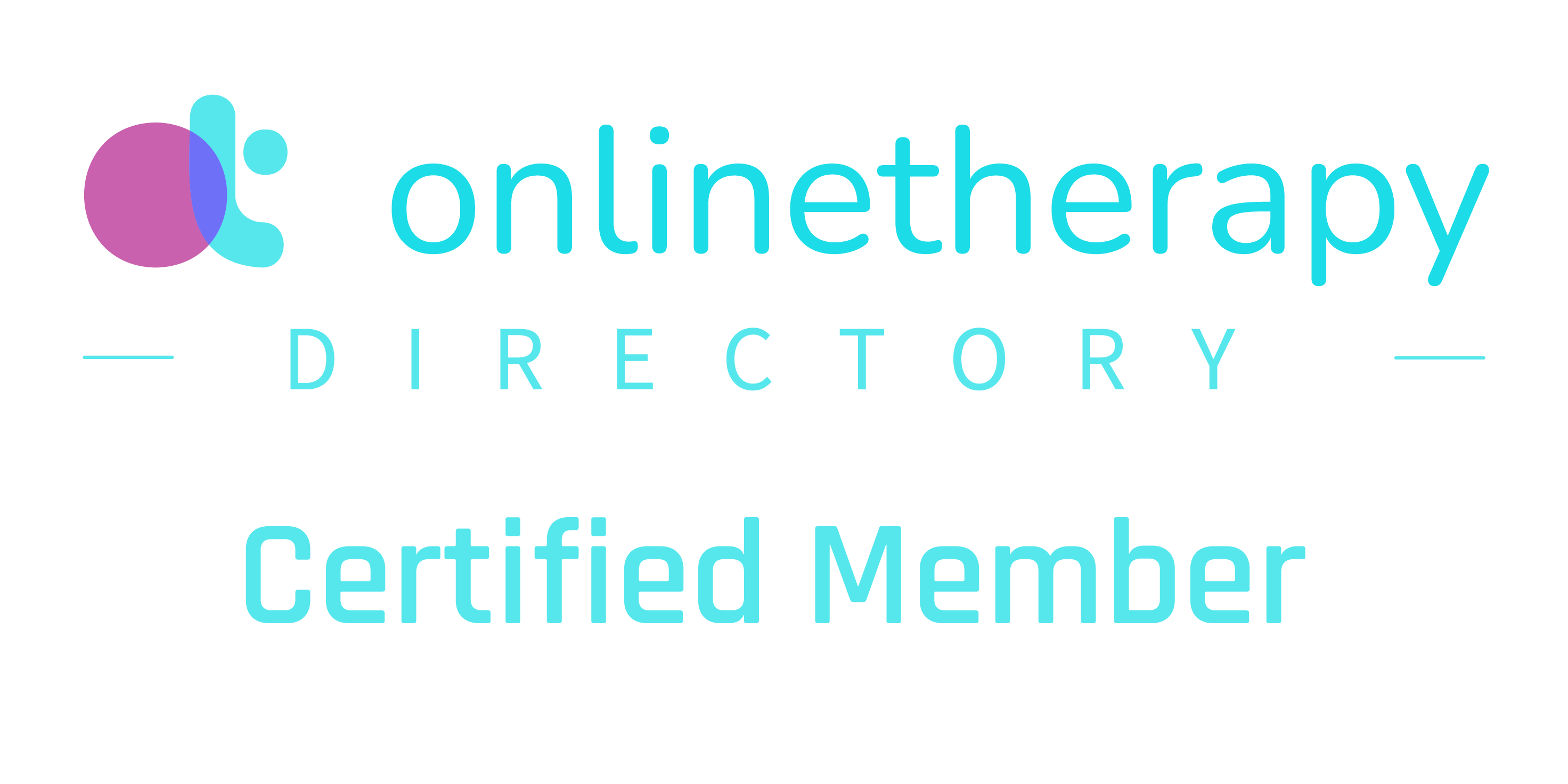You may have laughed out loud when you read the title of this post. After all, compassion and break-ups / divorce aren’t usually words that we associate with each other. Quite the opposite, in fact.
But if your idea of break-up / divorce includes only arguments, backstabbing, and financial sleights of hand, please know that there can be more to it than this. In fact, it’s possible to navigate divorce with compassion and grace. It doesn’t have to consume your life with negativity and bitterness.
One of my specialties is compassion-focused therapy (CFT). I have seen clients use this approach numerous times to get through to the other side of divorce.
There are several ways to walk through this life transition with compassion and dignity.
1. Acknowledge Your Feelings Without Judgment
A big part of both cognitive behavior therapy and compassion-focused therapy involves acknowledging and accepting what’s going on in your life without judgment.
But it can be tough for us to let go of the critical thoughts and reactions we have about ourselves. You may berate yourself for crying too much, feeling too devastated, or not being able to pull it together.
Treating yourself like this, however, will not aid your emotional healing. Rather, think of how you’d respond to a friend in your situation. What would you say to them? How would you comfort them?
Then, do those same things for yourself. Give yourself words of comfort. Don’t allow anyone’s expectations of your emotional state to determine how you feel about yourself. Write these words down on post-it notes and put them around your home.
The more you practice saying these words out loud, the more your brain will embed the message and before long, you will be able to think this thought without trying. The greatest gift you can give yourself is a kind mind.
2. Mindfulness and Emotional Regulation
Compassion-focused therapy operates on the principle that humans alternate between three different systems of emotional regulation: threat, drive, and soothing.
There’s nothing like a divorce to create feelings of emotional threat, and deplete us of self soothing. Likewise, you may be very driven to accomplish necessary actions to protect yourself financially and otherwise during a divorce. All too often this leads to over drive and burnout.
But it’s vital to be able to tap into the soothing system. This system creates a sense of security, safety, and love. It helps you slow down and rest.
You may feel like it’s impossible to create anything soothing in the middle of the chaos and pain of a break-up / divorce. However, self-compassion allows you to do this very thing. Using mindfulness techniques,such as deep breathing and body awareness, can help you find calm and reset your revved-up nervous system.
3. Be Patient with Yourself
Going through a break-up / divorce is often one of the most difficult things you’ll experience. There is no timeline for emotional healing. Likewise, there’s usually not even a timeline for wrapping up legal proceedings. They can stretch on and on depending on court schedules and issues that need to be addressed in the future, such as support adjustments. This only prolongs the emotional and relational pain.
This ambiguity can be really hard to live with. You may also yearn to accomplish other goals and tackle big projects as you go through this transition. But your energy, time, and emotions may not make that possible. This is where patience, pacing and compassion can be extremely helpful and sanity preserving.
4. Letter Writing
Writing letters to yourself plays an important role in CFT. But these aren’t just any old letters. Rather, letter writing in CFT aims to learn to talk to yourself with supportive language. As you put your positive, supportive self-talk down on paper, you’ll be reinforcing its truth in your brain. Schedule these sessions into your days and see how you feel afterward. And if this feels like too much to do, then try sending yourself a compassionate text. Imagine what would be most helpful to hear and then text it to yourself. It can be so helpful.
5. Remember Your Value
Going through a break-up / divorce can turn your sense of personal value upside down. You may feel as though you’ve lost so much (money, relationships, house, time with your kids) that you’ve even lost yourself.
But again, remember to accept yourself and be kind to yourself. As you do, you will experience the same kind of emotional relief that you find when others do this for you. The neuroscience is clear on this point. Kindness from others and from ourselves affects our brains and bodies in very similar ways.
Click to learn about life transitions therapy.
If you’re going through a break-up, divorce or other big life transition right now, you may want to learn more about compassion-focused therapy. Please reach out to me for a free test drive or contact me at my Honolulu or London clinic



